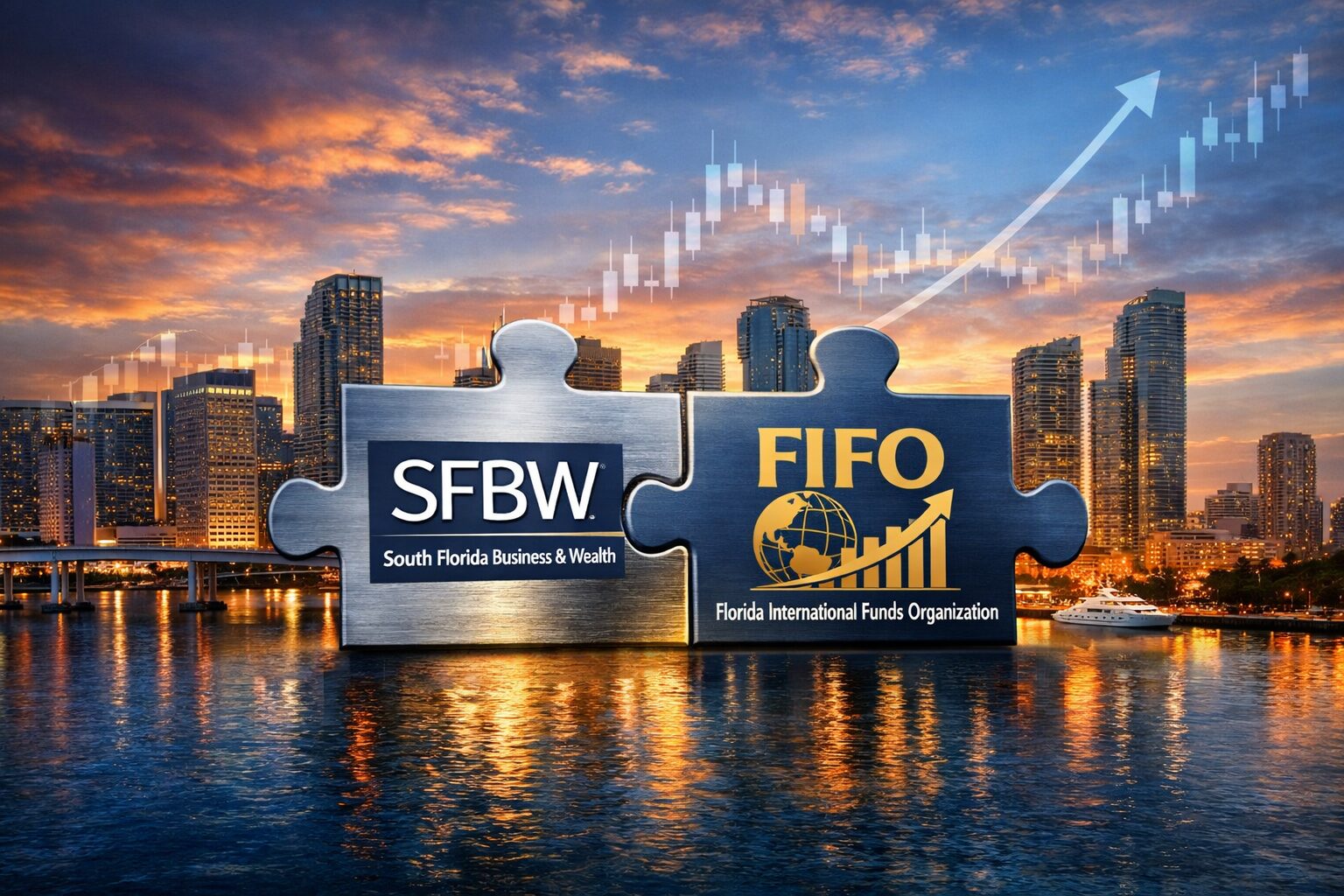Some companies lose millions of dollars every year because they don’t have a clue when it comes to selling their products and services to women. The good news is that they are starting to realize it, says Delia Passi, former publisher of Working Woman magazine and author of “Winning the Toughest Customer: The Essential Guide to Selling to Women.”
Some of the industries that struggle to deliver a great customer experience for women are making much needed progress, but still have a way to go.
Passi is a leading national speaker on the women’s market whose Hollywood-based company, Medelia, has worked with over 30 percent of Fortune 500 companies to help them increase sales and loyalty among women.
In 2007, she partnered with the Wharton School of Business to conduct the first-ever gender-based customer satisfaction study. The results supported the creation of the Women’s Choice Award and the launch of the WomenCertified seal for companies that successfully serve female consumers. The research-based awards are given on an ongoing basis to brands and businesses that create the best customer experience for women.
The group surveys 2,000 women every month via its website, womenschoiceaward.com. Women opt in to take the surveys about their brand preferences knowing that a contribution will be made to a charity of their choice every time they complete one. Both national organizations and South Florida nonprofits, such as Women in Distress, are among the recipients. Women can also register to receive the Women’s Choice Award newsletter and for giveaways from some of the nation’s top brands that are considered women-friendly, including Sealy, Kenmore, Ashley Furniture and Merry Maids.
Most importantly, the website serves as a place where busy women can find the most female-recommended products in the categories of health care; home; food and beverage; automotive; travel; health and wellness; moms, babies and kids; financial advisors and firms; and pet care.
Earning a Rating
“Companies can’t buy their way into carrying the WomenCertified seal, they have to earn their way in,” says Passi, whose company also provides training, marketing and consulting services to businesses that want to increase their sales to women. “This is key in a society that has become addicted to recommendation ratings. The Internet and social media have largely been responsible for this transformation.”
Because women research which products and services to use much more than men do – and they highly value the opinions of other women – it is particularly important for companies to have a digital presence as being the best in serving their needs, as well as being recommended as the best by other women, Passi says. When women search the Internet for products and services, they most often use “best” as a keyword, she adds.
“That’s where our website comes in,” Passi says. “Women need every bit of help they can get to save time and money by getting it right from the start. That’s why the Women’s Choice Award recognizes brands and businesses that get it right for them.”
Purchasing Power
Corporations that get it right for women are handsomely rewarded. Over the years, Passi’s research has shown that women account for over 85 percent of all consumer purchases and 90 percent of all family health care decisions. Women are also responsible for the majority of decisions on child care, housekeeping and elderly care. They are busy juggling work and family, given that over 70 percent of all moms have a job, and 60 percent of stay-at-home moms work part time. When Passi conducted a survey to find out how to best support women’s buying efforts, she says the answer was clear: Simplify her life by identifying the best products and services for her and her family.
Some industries struggle to make the cut, Passi notes. Their advertising, marketing and customer service efforts don’t make women feel valued as consumers. When they feel underserved and unappreciated, they disconnect from companies. Trust is a key factor in making women feel confident in their buying decisions.
“While the cost of something is a factor in women’s buying decisions, it’s more about the confidence they feel about the product or service and whether they feel a company understands their needs and values them as customers,” Passi says.
The male-dominated automotive industry is the worst sector for serving the female consumer, Passi says, and the financial services industry isn’t far behind, even though it has tried to “chip away” at recognizing the significant control women have over wealth. Although health care is female-dominated, the industry has been surprisingly ineffective in marketing to women, she says, even though women are the gatekeepers for family health care decisions.
Home improvement companies have a long way to go in appealing to women, and they better get the message soon, Passi says. The fastest-growing sector of homeowners in the U.S. is single women.
Conspicuously absent from the Women’s Choice Award website is the retail sector. Passi says she is working with companies like Walmart, Home Depot and Sears to help them create a better buying experience for women.
She plans to expand brands within the food and beverage area, too, but will not include sodas or sugary treats. There also won’t be categories for cigarettes or pharmaceutical products known to have significant risks associated with them.
Negative Impacts Avoided
“We see ourselves as a consumer advocacy group, so we really don’t want to include things that can negatively impact society,” Passi says. “We know how powerful our recommendations can be and we want to be good stewards.”
By fall of this year, Passi plans to complete a study of America’s Best Colleges and Universities for the site, looking at them from a woman’s standpoint in terms of the admissions process and safety. In 2016, she will complete studies of car manufacturers and which brands in each class of cars appeal most to women and why. “I’m still looking for the car that has a place for me to put my handbag,” she says, laughing.
The mother of four daughters – two of whom attended the University of Miami – started her career in New York as a salesperson for Xerox. It was there that she first realized the sale to women was different than the sale to men.
“You have to understand the triggers,” she says. “Women take more time, they do their research. A brand can spend millions of dollars on marketing to them, but if women hear that other women don’t like it, they won’t use it. And if they have a bad experience, they’ll tell others not to. They are also more inclined to talk about their purchases online and be very loyal in recommending companies that give them positive experiences.”
Helping companies successfully reach female consumers and positively differentiate their brand to them has delivered well for Passi, who started her company in 2002. She now has 20 employees and is in the process of hiring more. “I have a vision,” she says. “We are going to be the game changer for female shoppers.” ?














